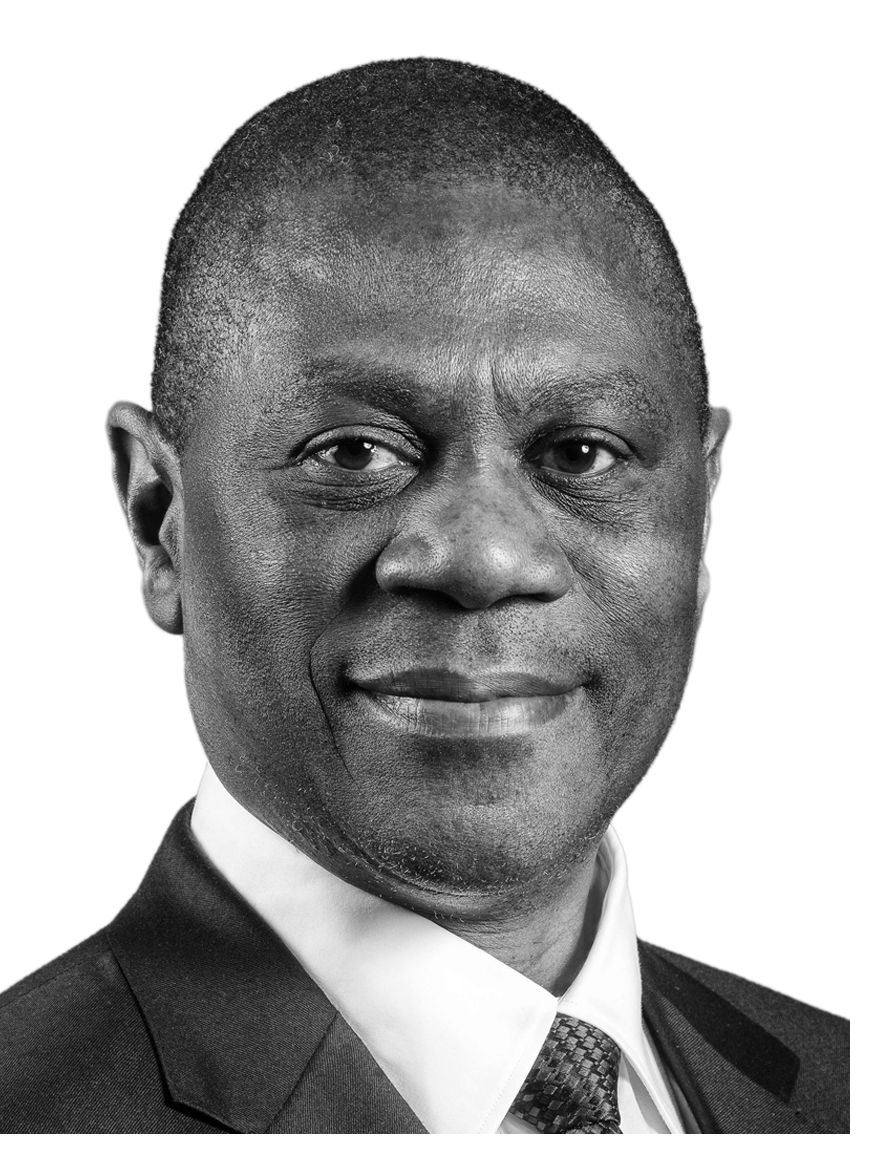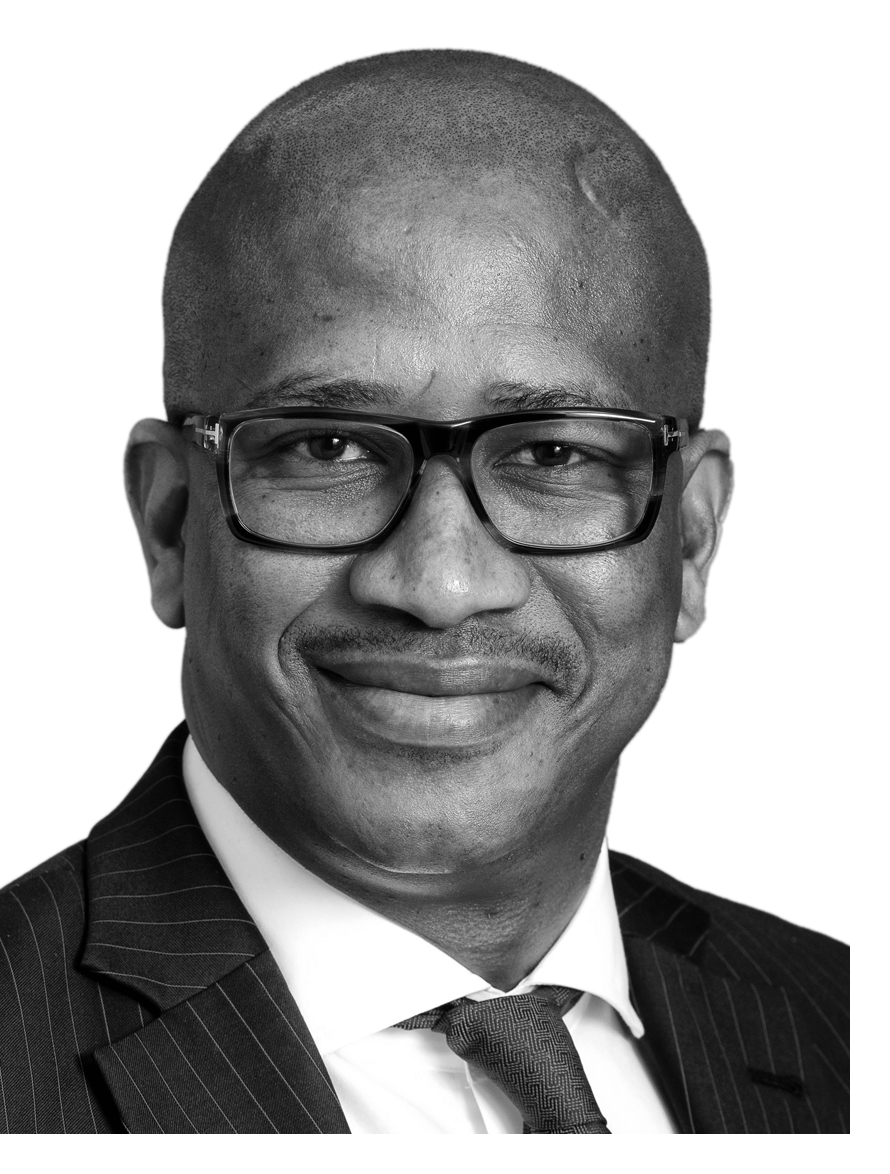Programme Director,
YES Co-Chairs, Mr Colin Coleman and Mr Stephen Koseff,
Chief Executive Officer of YES, Mr Ravi Naidoo,
Vice-President of Business Unity South Africa, Mr. Adrian Gore,
Board member of Business Leadership South Africa, Mr. Adi Enthoven,
Members of the YES Board,
CEO’s of YES corporate partners,
YES alumni who are with us this evening,
Distinguished guests,
Ladies and gentlemen,
Good evening.
It is my pleasure to be here as we celebrate another milestone for the Youth Employment Service; namely 200 000 young South Africans funded and placed into quality first-job experiences.
This is not just a number, it is 200 000 futures unlocked in their families, in their communities, for our economy and for our country.
When business and government came together to conceive of the Youth Employment Service back in 2018, our shared vision was for the programme to have a positive, sustainable, long-term impact on the economy.
From the very outset it was seen as an integral part of our national economic growth strategy, as opposed to a social add-on.
At that time, government undertook to support this effort through providing YES with a negotiated package of incentives.
The principal instrument has been the B-BBEE incentive, allowing participating companies to advance one or two B-BBEE levels when they join YES and meet agreed targets.
YES has grown at an extraordinary rate of over 25 per cent per year since 2021, creating pathways to bring talented young people from disadvantaged backgrounds into the world of work.
YES stands as a testament to the value of public-private partnerships. The milestone we are celebrating this evening has been made possible through the commitment of nearly 1 900 companies, without reliance on the fiscus.
YES has become one of the largest corporate-funded youth jobs programme in the world, and participating companies have integrated YES into their human capital, transformation and sustainability strategies.
The impressive institutional capacity that has been built through years of hard work is now a strategic asset.
Many of the participating companies are with us this evening and I wish to commend you for your leadership. We are equally encouraged by new forms of partnerships that companies are forming in support of YES.
An example is Microsoft’s R5.4-billion data-centre investment, alongside which it created the AI Skills Hub with YES to certify 50 000 young people per year in high-demand digital skills: in artificial intelligence, data science, cybersecurity and cloud architecture.
These are precisely the skills that will define economic competitiveness in the decades ahead.
And what better way for a company to ensure its skills spend has an impact than to offer such training to talented YES interns going into key sectors.
This is a powerful example of how investment, skills development and youth employment can be integrated into a single national project.
We are living through a period of profound technological change.
Artificial intelligence, robotics, biotechnology and automation will reshape almost every occupation that exists today.
If South Africa is to make headway towards economic inclusion, we must prepare our young people for this future.
We must invest in skills, work experience and exposure to real production environments, to prepare young people to lead the industries of tomorrow.
Through placements in manufacturing, renewable energy, tourism, logistics, finance and the digital economy, YES can help build those capabilities our industrial strategy requires.
In July this year, I saw the impact of this work for myself at the BMW Rosslyn plant in Tshwane, at the launch of the new X3 plug-in hybrid.
As you may know, South Africa is the exclusive global production site for this model.
I was encouraged to learn that over 3,500 YES youth have been supported by BMW — many working directly with robotics, automation and electric-vehicle technologies.
This is precisely what our transition to a green, digital and industrial future must look like.
Our ambition cannot end with job placements.
We must also nurture the entrepreneurs of the next generation - the young people who will start firms, build local supply chains, and create the next wave of employment.
It is immensely encouraging that more than 28 000 YES alumni have already gone on to establish their own businesses, and some of them are here with us this evening.
It is equally significant that 58 per cent of YES alumni are women, reflecting the powerful contribution YES is making to gender inclusion in the economy.
It was a source of pride to us as a country that we could showcase YES as case study at the recent B20 Summit in Johannesburg - under South Africa’s G20 Presidency.
We were able to point to the success of YES as best practice of how targeted business-government collaboration can unlock youth employment.
Ladies and Gentlemen,
Even as we celebrate the creation of nearly 200 000 opportunities for our young people, we must be candid - the challenge of youth unemployment remains deep, structural, and persistent.
Too many young South Africans still face barriers to accessing stable, long-term employment that can sustain their livelihoods and unlock their potential.
It is also clear that not all opportunities are created equal.
Some provide short-term engagement or entry-level experiences, while others offer meaningful pathways to enduring careers.
Our responsibility is to ensure that every young person not only participates, but transitions into sustainable employment that equips them for the future.
We must confront the delicate balance between quantity and quality.
While initiatives like the Jobs Boost Programme strive to create quality jobs, the broader landscape of earning opportunities often remains temporary or entry-level.
This underscores the critical importance of tracking outcomes over time — monitoring job retention, career progression, and the genuine impact on young lives.
We must get more companies to participate in YES.
There are major firms in our economy that remain outside this national effort, and I want to use this opportunity to call on them to be part of building South Africa.
We have set ourselves the goal of securing an additional 200 000 to reach 400 000 by 2030 – and we need you on board.
We must also get State-Owned Companies to participate in YES, and I will be requesting the Ministers responsible for SEO’s to provide us with their plans to become active participants.
The public sector needs to generate quality internships that help us build the capacity of the state, and I am sure that YES will not mind if the public sector simply leverages the proven monitoring, reporting and placement infrastructure already built by YES as a public-private partnership.
We must also do more to make the rules easier for good companies to participate in YES, and for them to get recognised for creating quality work experience internships.
The task before us is further complicated by the breadth of partners involved - government departments, private sector stakeholders, training institutions, and civil society organisations.
Coordinating these efforts, maintaining accountability, and ensuring equitable access demand unwavering commitment and meticulous oversight.
Finally, we must acknowledge the realities of our economic context.
Macro-economic conditions, anaemic economic growth, structural unemployment, skills mismatches, and sectoral constraints all shape the opportunities available to our youth.
It is not enough to generate positions. We must cultivate an environment where these positions translate into lasting employment and genuine economic inclusion.
Our ambition is clear: a South Africa where every young person has the chance to work, to grow, and to contribute meaningfully to our nation’s future.
Achieving this requires vision, collaboration, and determination - and above all, a steadfast commitment to leaving no young South African behind.
Finally, we must mobilise as much support as possible to assist the talented YES alumni to go on to become entrepreneurs and game-changers in our economy, creating jobs and building the industries that South Africa and the rest of the continent need for a sustainable future.
I congratulate the YES team, its sponsoring corporates, and its many partners in this room on their hard work and achievements.
We can confidently state that as YES succeeds in its mission, so South Africa will succeed in its mission.
I thank you.








